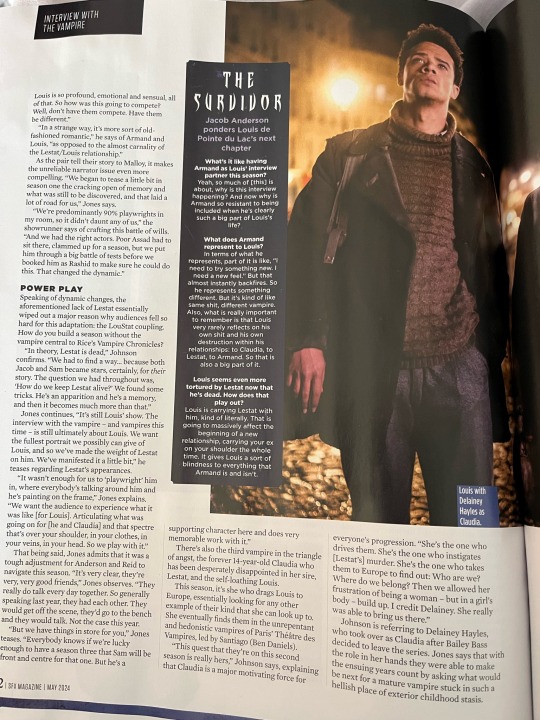Text
“Louis de Pointe du Lac. That's an interesting name.” “Louis of Pointe du Lac Plantation. My great-great-grandfather owned one. All that remains is the name.”
“And a sizable trust to oversee as a consequence. Capital accrued from plantations of sugar and the blood of men who looked like my great-grandfather but did not have his standing.”
When introducing himself to Daniel both in 1973 and in 2022, Louis alludes to the ways that the legacy of chattel slavery in the United States remains present through his life. The ramifications of this history will be explored further in his interviews; it is intrinsic to the racism that Louis describes experiencing, and it is built into the economic and cultural foundations of the societies that Louis has and continues to navigate through. The way that this subject is broached however, in both the past and present, specifically centres the relationship between slave plantations and Louis’ own affluence.
Daniel’s remark being prefaced by Louis offering to “Get the boy whatever he wants”,before carelessly pushing a platinum credit card between them, implicitly correlates Louis’ response with that ostentatious display of wealth. It is not an intentional association made by the characters, and Louis immediately downplays the link when he recognises it (“All that remains is the name.”). Given his reaction, it seems likely that Louis did not talk about this topic during his subsequent interview with Daniel, though, again, that does not mean it would have had no bearing on other matters discussed. By contrast in the present day, Louis broaches the subject himself and fairly openly acknowledges the correlation. It was a slave plantation and the exploitation of enslaved people that created the sizeable trust that paid for the house and lifestyle that Louis and his family enjoyed. While Louis does not state it directly, the unavoidable implication of Louis clarifying that his great-grandfather was black and had a different social status to that of slaves (“[…] the blood of men who looked like my great-grandfather but did not have his standing.”) is that that several generations of Louis’ black relatives have, at least indirectly, financially profited from chattel slavery. It is unlikely that this wealth was all inherited after the fact, considering that the abolition of slavery in the United States occurred only a couple of decades before Louis was born. These pieces of information seem to contradict then the implicit suggestion of Louis’ earlier explanation in 1973, that the only direct bearing the de Pointe du Lac plantation has had on his life is a shared name.
Both the dismissal and the acknowledgement are characteristic of how Louis describes the past; factual as a basic statement but carrying additional implications whose accuracy is more questionable and or left carefully unexamined. This is a rhetorical device that aids Louis in maintaining control of the narrative and its meanings while avoiding, as much as he can, outright lies. While Louis does view Daniel as a necessity for him to revisit his story, it needs to be stated that this does not prevent Louis from consciously and unconsciously tailoring it for his audience. It is possible that Louis only acknowledges the subject at all in the second interview because he is aware that Daniel has likely done some background research on his family. Considering how insensitive to racial issues Daniel can be, as well as his deliberately combative and contrarian approach to interviewing, it may be that this is a subject that Louis does not want to explore with Daniel specifically; it is perhaps notable that the penthouse Louis shares with Armand contains at least two pieces of art (Slave Auction by Jean-Michel Basquiat, and Transformation by Ron Bechet) which are about chattel slavery. Regardless of the reason for Louis’ selectivity, this context continues to hover on the periphery of Louis’ story, adding additional layers of meaning to the events that follow.
It contextualises the contradictory feelings Louis has about his work as a landlord and pimp, roles that may step outside of the shadow of sugarcane and slavery but are only made possible through investing the profits of them. When Louis confesses to the ways he treats his workers, tellingly he invokes plantation imagery with “[…] I lie to myself, saying I'm giving them a roof and food and dollar bills in they pocket, but I look in the mirror, I know what I am; the big man in the big house, stuffing cotton in my ears so I can't hear their cries.”. This conflict then deepens the resentment Louis has towards his family for criticising how he provides for them, with Paul being the only member who even entertains the idea that they should not spend the money at all (“We should tithe that o'er to St. Augustine's 'fore this house falls in on us.”). Whereas the family judges Louis for connecting them to an industry they view as sinful and lacking respectability, contrasting it to the seemingly fondly remembered family plantation (“Daddy was here, we'd still be in sugar cane.”), Louis is troubled by the exploitative nature of that work and capitalism as a whole. Yet there are also times when Louis exhibits pride towards his business dealings (“And I was now the owner of the brightest club in the district. My club, my rules. […] It was everything I had ever wanted or wished for. […] I made a mountain of money, enough to retire and be buried like a pharaoh.”). This could be suggested to be partly because Louis has moved away from the legacy of his family’s past to create something that he can try to believe is helping his, primarily black, workers (“I paid the staff better, paid the band better, all the while helping those who had been with me down the block to better themselves.”).
Most significantly of all, this context adds an additional lens through which Louis and the audience can examine some of the overarching existential ideas that Louis has been grappling with throughout his life, and that the second interview brings to the forefront. How does the past continue to define our present? Can we be considered in any way culpable for the actions of others? What reparations can we make for the harm, deliberate and unintentional, that we do? The open-ended way that Louis approaches the subject of the link between his inherited wealth and chattel slavery, as well as the subsequent ways that these have shaped his life, is reflective of those unanswered questions. Louis is desperately trying to find, if not a definitive answer to these philosophical quandaries, an insight that can give his existence purpose and direction. It is vital to Louis that his experiences offer some greater lesson (“That's the purpose. Our book must be a warning as much as anything.”), and ideally one that he can prove that he has already learnt. The different ways that Louis approaches the subject in 1973 and 2022 then reflects how he is revaluating the past and himself (“The passage of time and the frailties that accompany it have provided me perspective.”), but despite this, critically and symbolically, Louis still does not seem to have come to any conclusions.
#what a great analysis!!!#amazing read thank you op 🙏#Louis de Pointe du Lac#Interview with the Vampire#iwtv
40 notes
·
View notes
Text

Because Daniel needs some sweet vampire lovin' too, here’s to a year or so of slightly unhinged behaviour, spreading my gospel of truth all over Europe. Happy birthday, Eric Bogosian!
#unfortunately i witnessed a few of these in the making#happy birthday eric you legend#eric bogosian#daniel molloy#fuck that old man#devil's minion
24 notes
·
View notes
Text
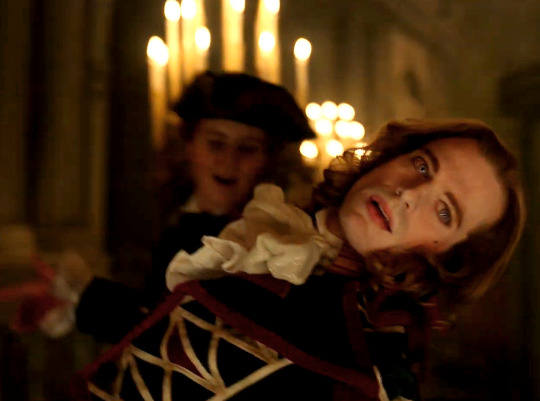
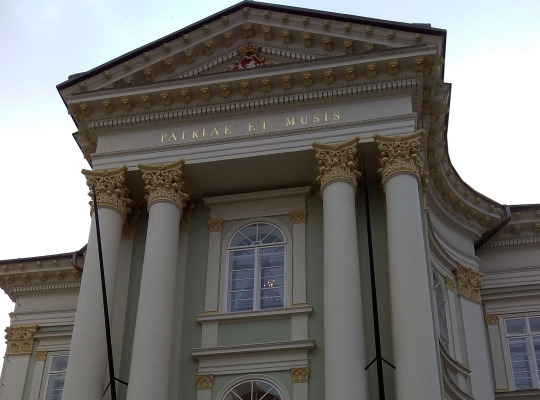
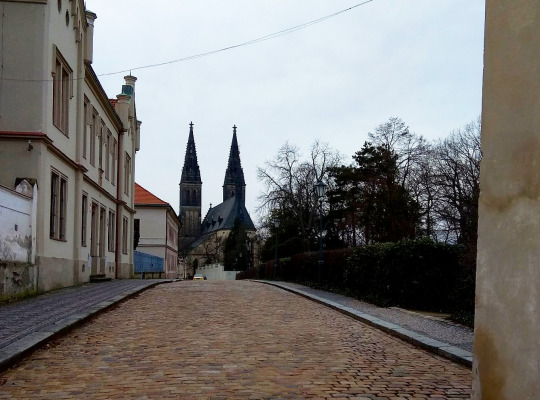
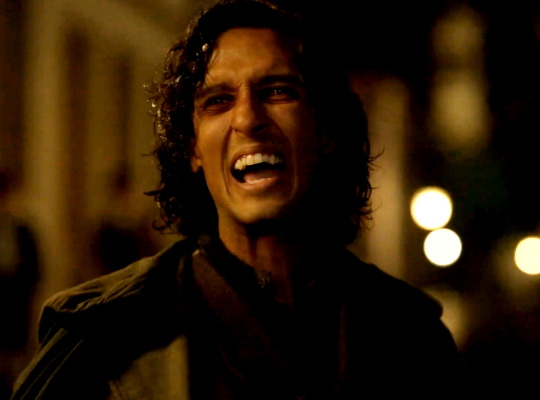
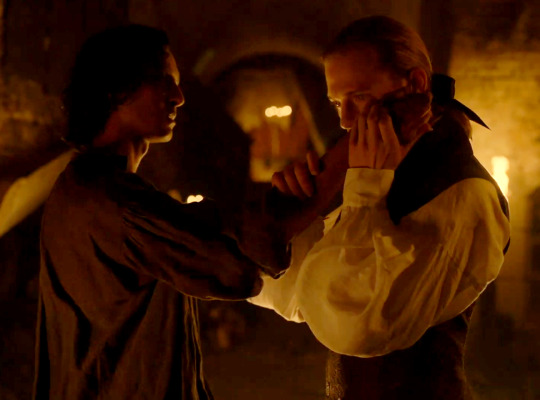
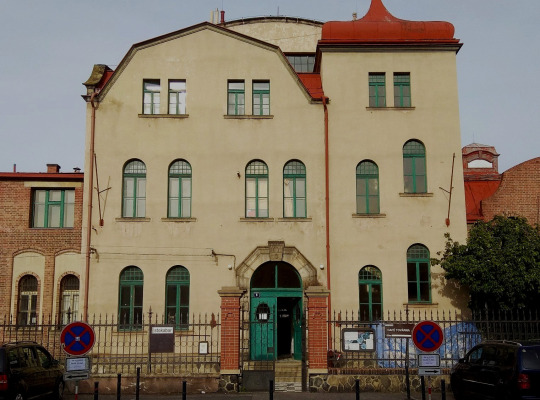


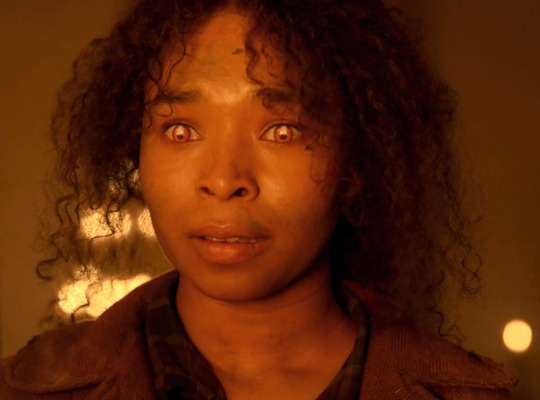

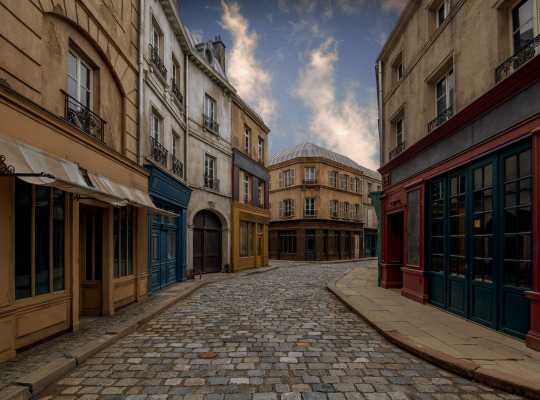
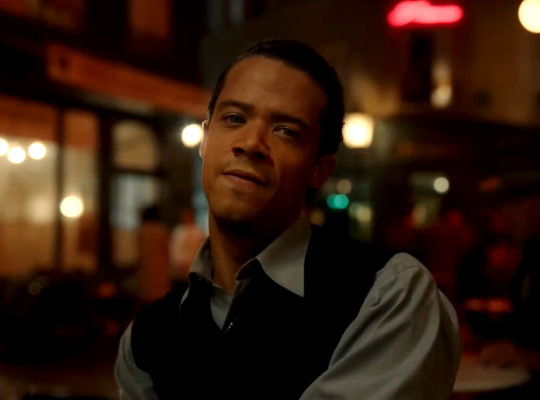
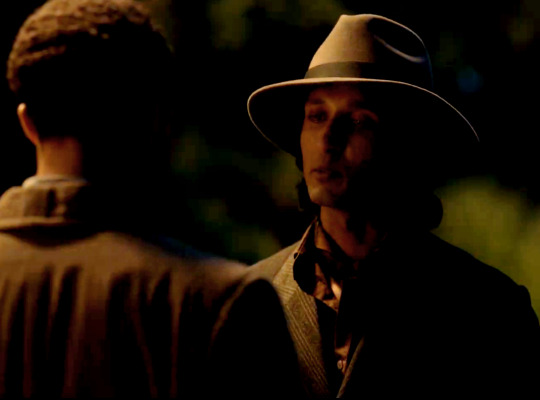

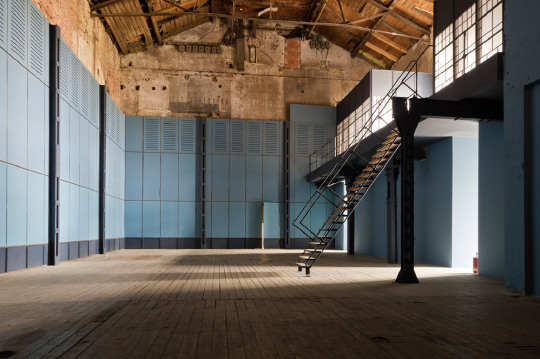

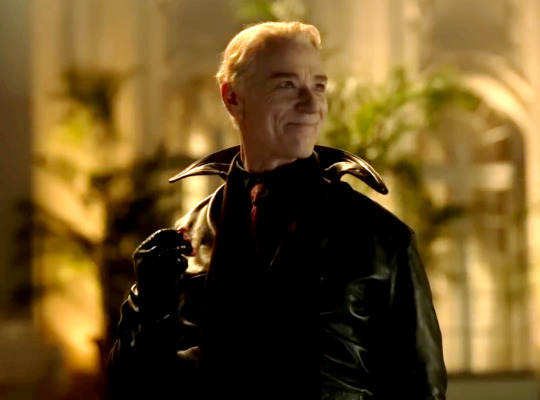
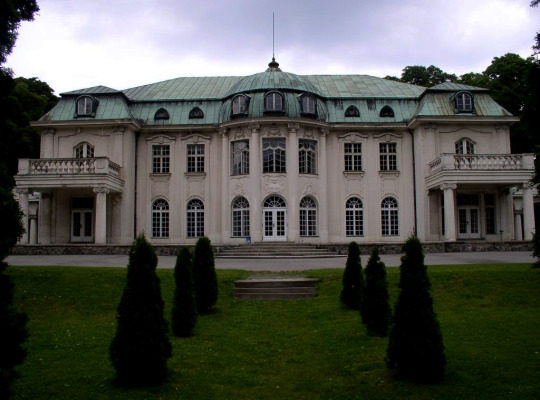

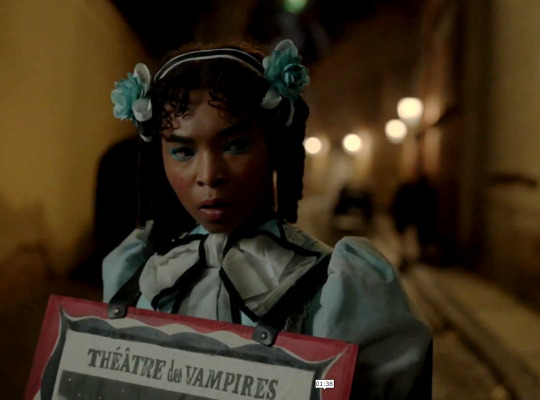

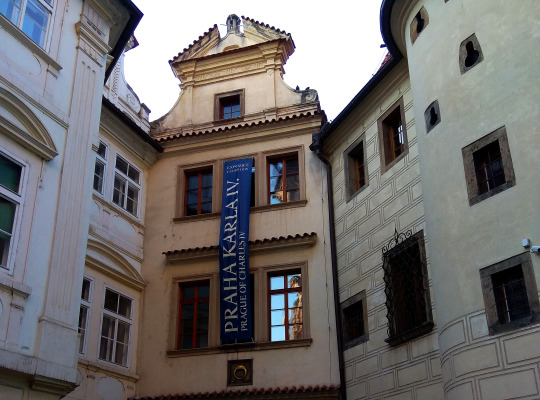
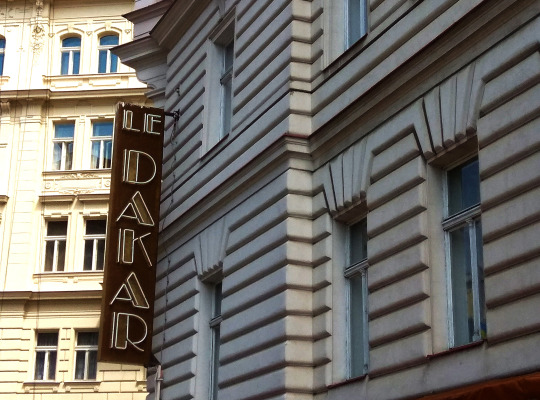


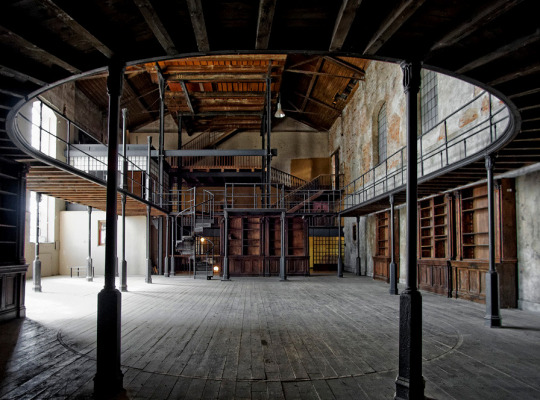

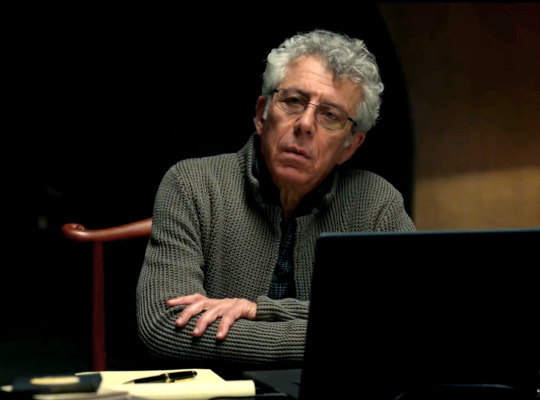
Some scenes and places (Prague edition).
(x) (x) (x) (x) (x) (x)
114 notes
·
View notes
Text
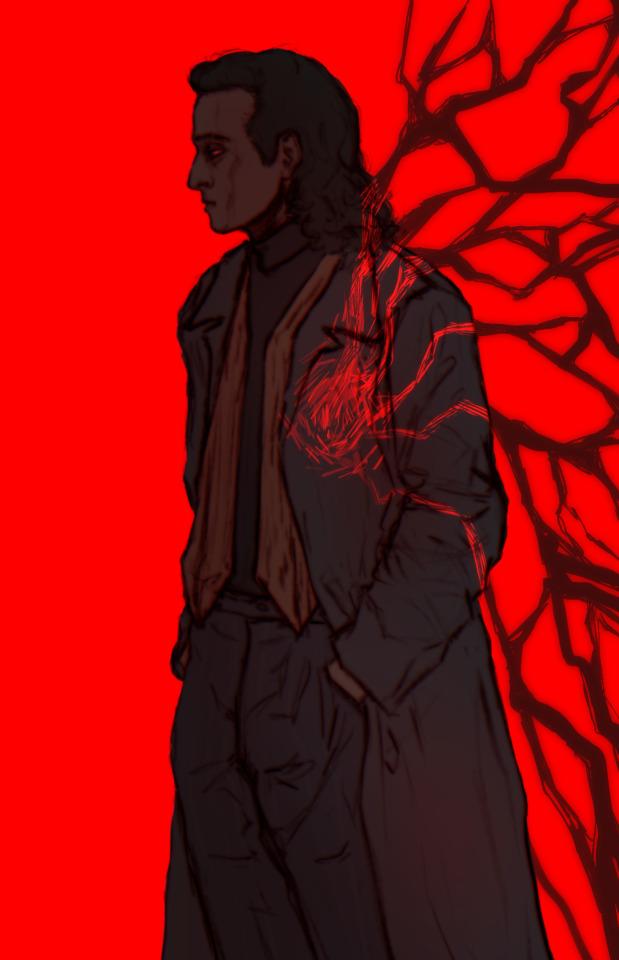
706 notes
·
View notes
Text


You can also read this comic on my AO3 or twitter. No other notes this time, the comic's under 'read more'.
DEVOURING
An 11-page IWTV (2022) fancomic about the vampire Armand facing his worst nightmare.
Made by verimuru in 2024.
Trigger & content warnings:
Nightmare, nudity, heartbeat, death scare & depiction of a dead body, crying, biting, sucking blood, intense despair and self harm. Only for mature audiences, this one.
This is a heavy one, dear reader - please take my warnings seriously and also care of yourself.
Other content notes:
Hurt & comfort, happy ending.

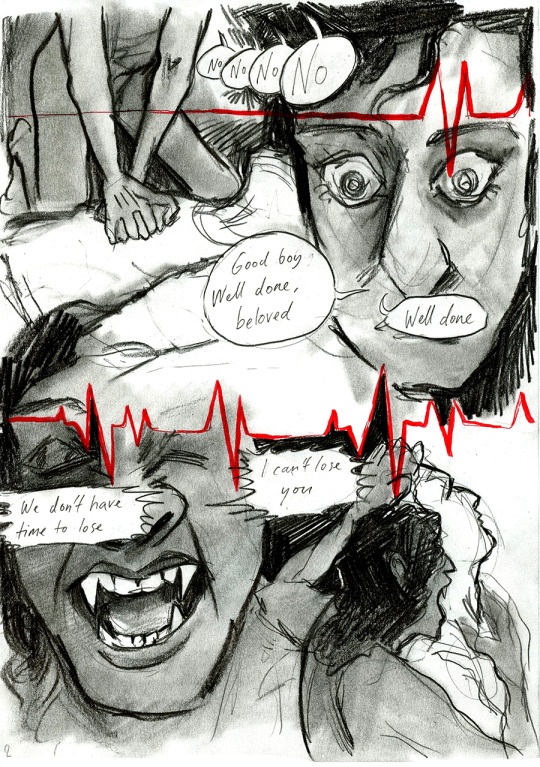
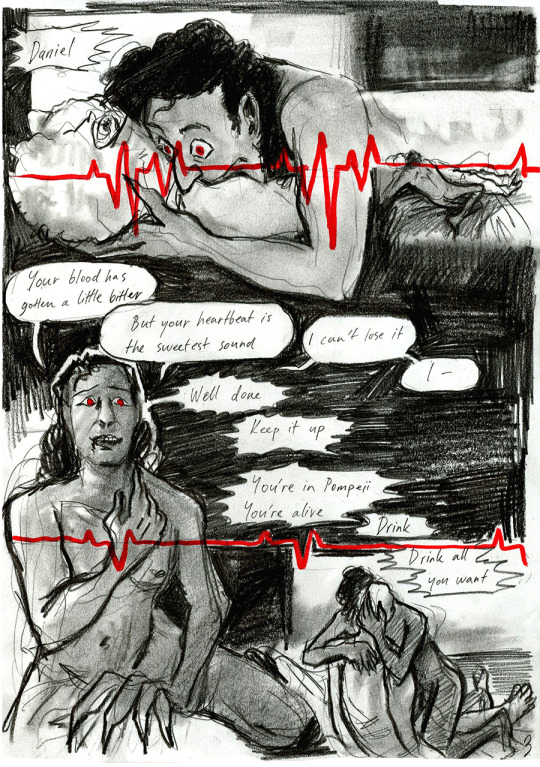
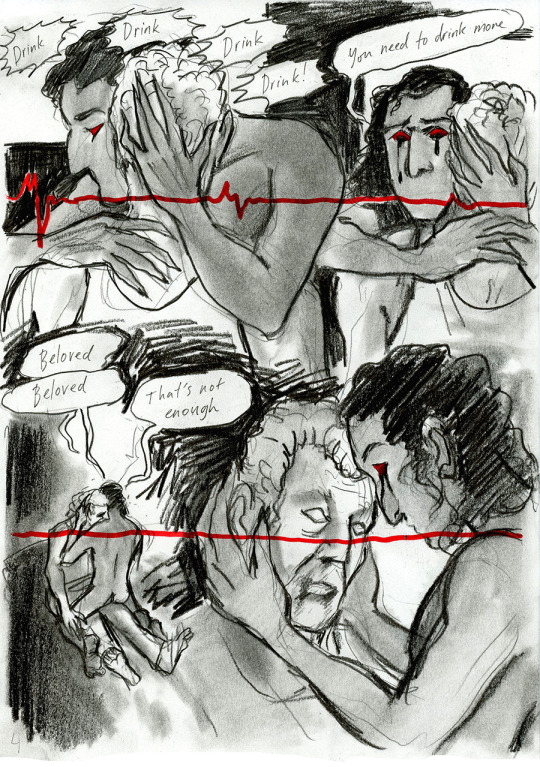


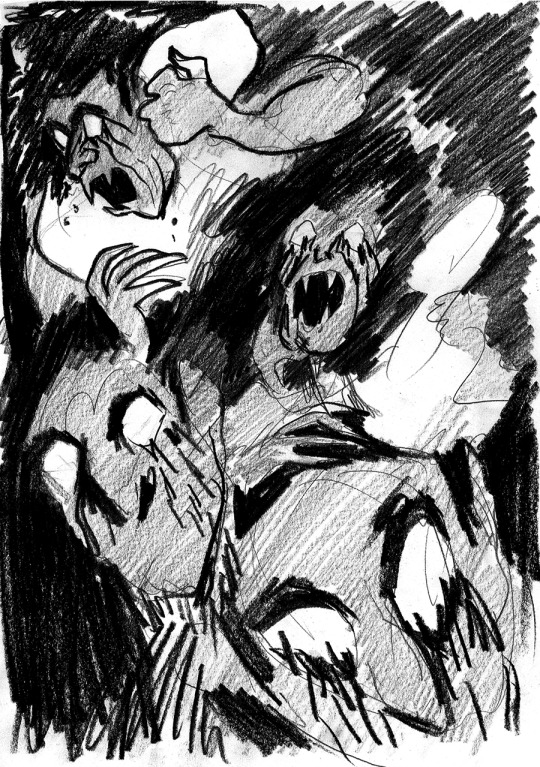

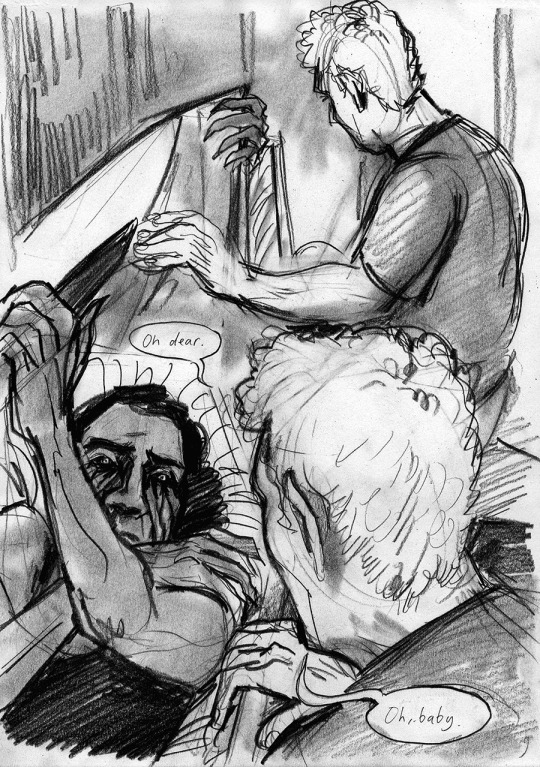
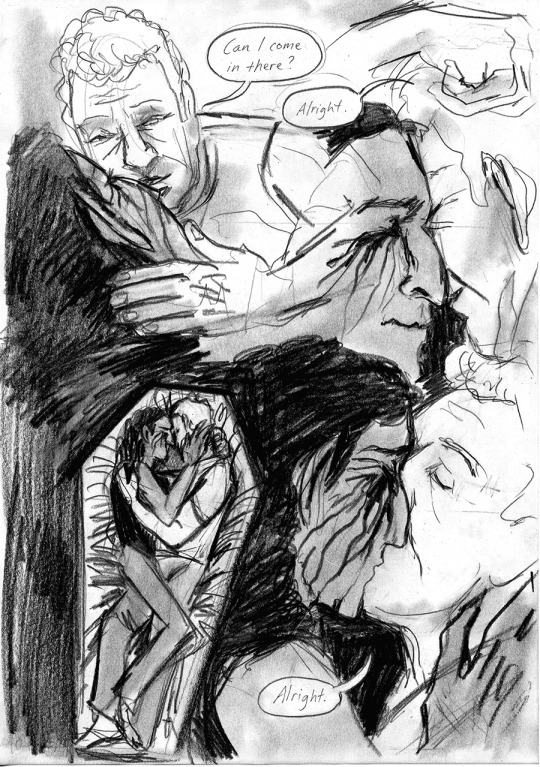

#Oh god this is devastatingly beautiful#verimuru i 💜 you#verimuru art#armandaniel#iwtv fanart#the vampire armand#daniel molloy#iwtv
128 notes
·
View notes
Note
I have to know why does the fandom call Sam Samothy? I haven’t found anything online that says his name is anything but Sam?
His full legal name is Sam Thyne Reid.
His stage name for a while was Sebastian Reid.
As for why we call him Samothy... I believe it's just a fond nickname someone came up with (i can't for the life of me remember who, so please give yourself credit here if you read this! 🥰).
Other nicknames for our favourite Aussie include Samantha, Simba, Samanthyne, Sampunzel, Mother, and of course the epic Sampire, coined by Jacob himself 🫠
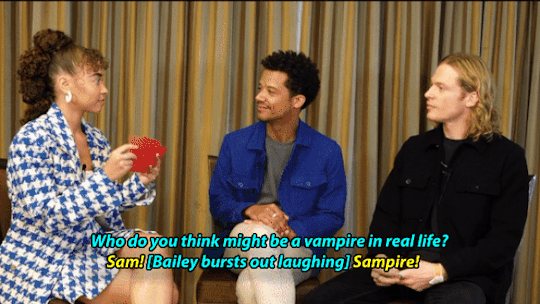
(feel free to add to the list, peeps, i've probably forgotten a bunch of them)
31 notes
·
View notes
Text
I'd ask him to get spiders out of my tent 😏
Never getting over the fact that our favourite farmboy Samanthyne Reid also used to be a survival instructor who liked to build tents out of scraps and go hunting for cool spiders in the Australian outback.
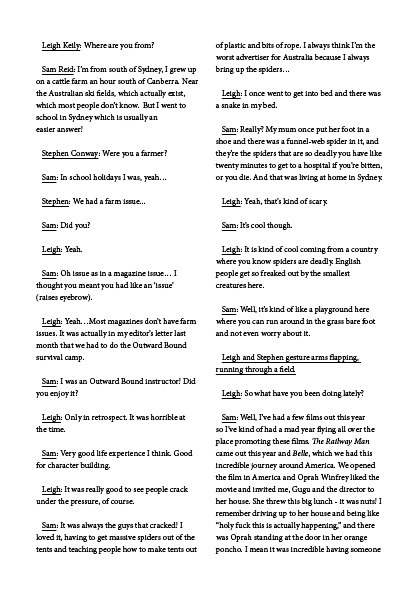
From JON Magazine issue 6.
123 notes
·
View notes
Text

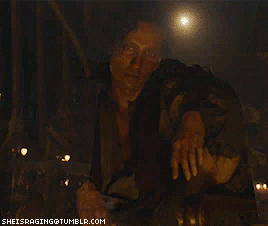


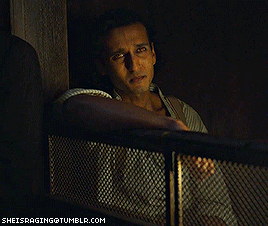

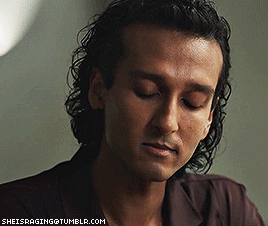
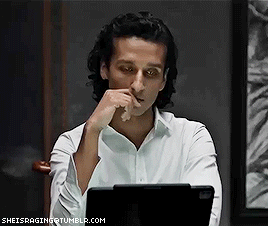

he's a special little guy
484 notes
·
View notes
Text


"Who are you, Louis?"
"I'm the reticent vampire of the 9th arrondissement. I walk the night, capturing disappointment and regret. "
51 notes
·
View notes
Text
Never getting over the fact that our favourite farmboy Samanthyne Reid also used to be a survival instructor who liked to build tents out of scraps and go hunting for cool spiders in the Australian outback.

From JON Magazine issue 6.
123 notes
·
View notes
Text

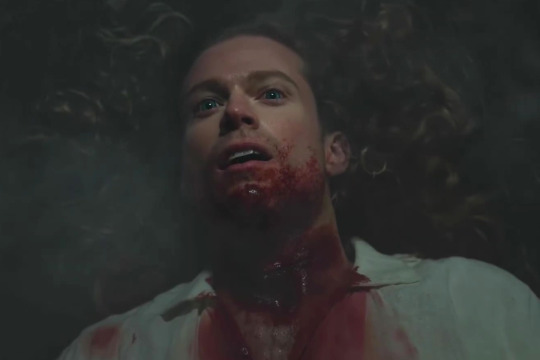

Look at this beautiful ethereal corpse of a princess ❤️
#i needed these so bad#what do you mean i've already seen them ten million times before#allow me to stare at them again for 5 hours in a row#interview with the vampire#iwtv#lestat de lioncourt#sam reid
80 notes
·
View notes
Text
the thing about lestat and armand is that their relationship is literally incomprehensible. they are boy best friends they are codependent worsties they are archrivals they are platonic soulmates they are telepathic gossipers they are part time haters and full time ride or dies they are insane bisexuals but most importantly. they are toxic exes. despite the fact that they have never once dated. hope this helps
2K notes
·
View notes
Text






Lestat carrying Louis in 1x02 (…After the Phantoms of Your Former Self)
Louis carrying Claudia in 1x04 ( …The Ruthless Pursuit of Blood With All a Child's Demanding)
+ some cage symbolism
#Oh#Oh no 😭#the welcome home little bird of it all. you know#a bird refusing to fly and a girlvampiremistake built like a bird#iwtv#interview with the vampire#louis de pointe du lac#lestat de lioncourt#claudia
340 notes
·
View notes
Photo


838 notes
·
View notes
Text
Give this bitch some credit - he was consistent with his mouche placement, event 200+ years later.
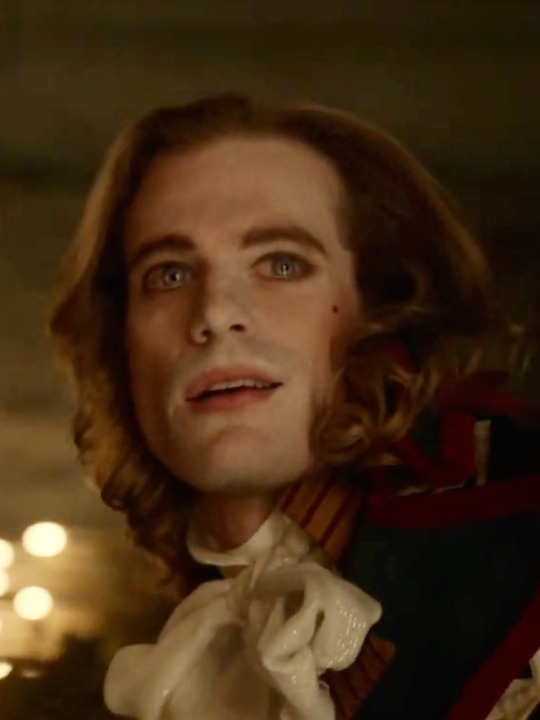
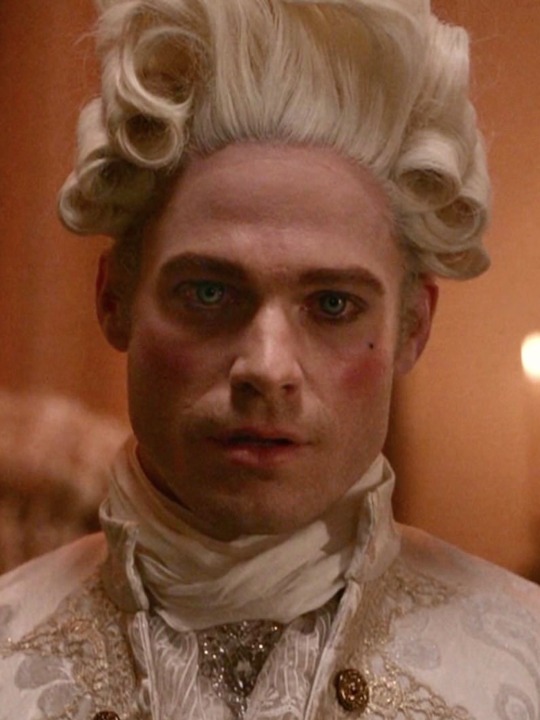
“La galante”, because of course that’s what he’d choose… a charming hero!
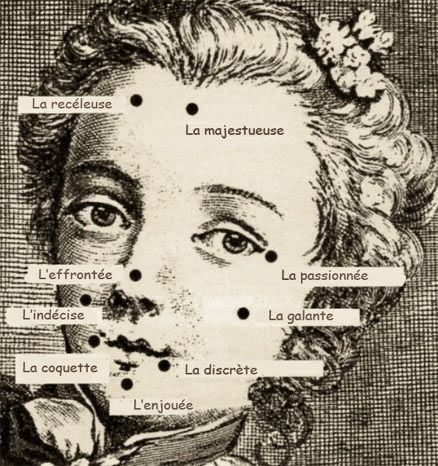
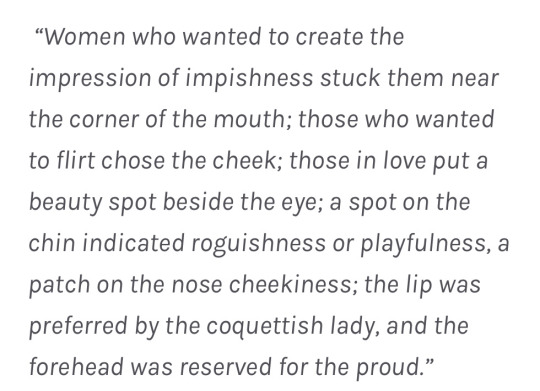
Source link
#she knew what she was doing#slut#lestat de lioncourt#interview with the vampire#iwtv#historical beauty
256 notes
·
View notes
Text
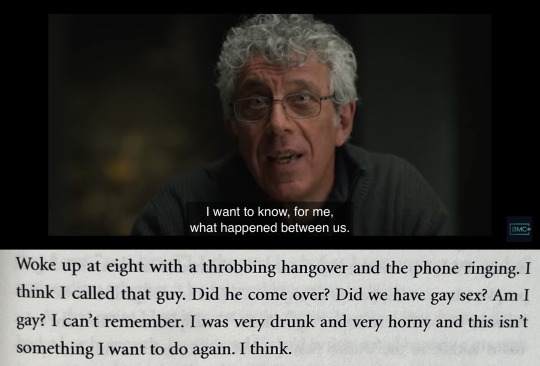
“Interview with the Vampire” S2 trailer // “Perforated Heart” by Eric Bogosian
838 notes
·
View notes


